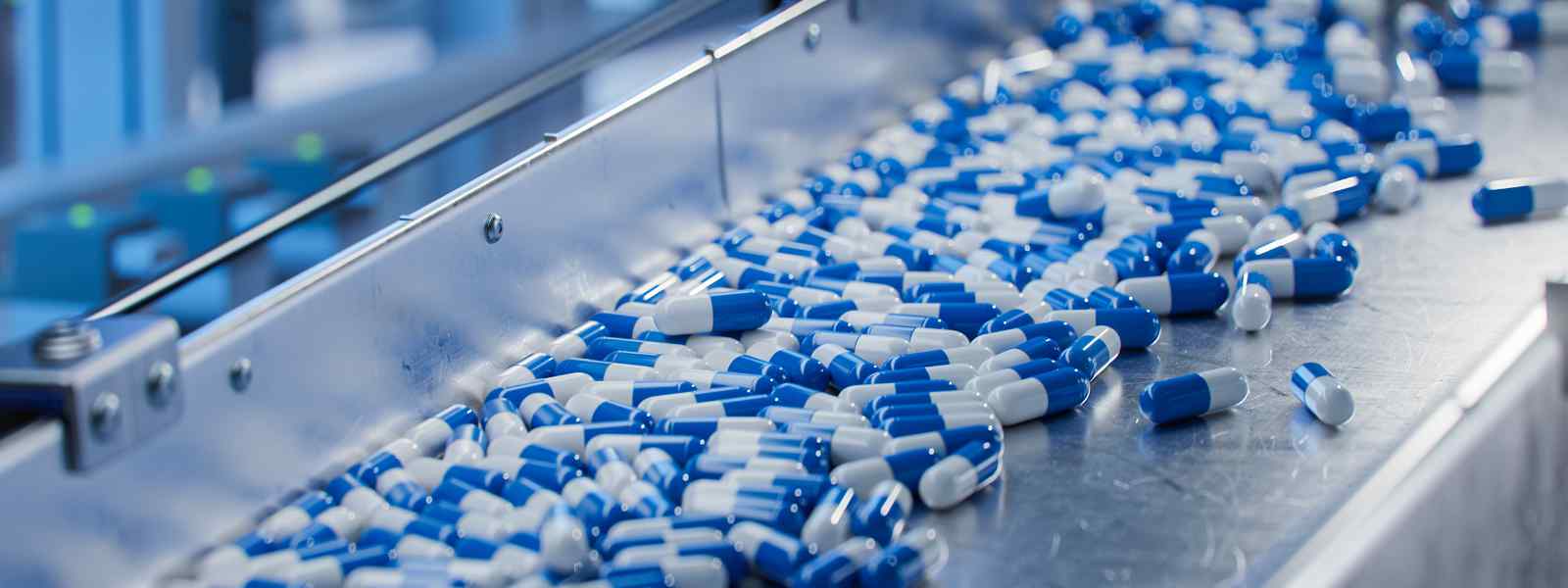
The University has received a £1.1M equipment grant to establish a state-of-the-art UK national facility for studying biomedicines and biomaterials aimed at aiding the invention of new medicines.
The NMR-BASE (Nuclear Magnetic Resonance for Biomolecule Analysis in Supported Environments) project is led by Strathclyde’s Dr John Parkinson and Dr Andrea Taladriz-Sender.
The equipment was funded by the Biotechnology and Biological Sciences Research Council (BBSRC), part of UK Research and Innovation, and will be housed within the NMR Facility at Strathclyde.
Biomedicines challenge
The biggest challenge in the invention of new biomedicines - the branch of medicine where the principles of biology and biochemistry are applied to medical research or practice - and biomaterials - is understanding how they function in the context in which they are designed to work.
This state-of-the-art facility is capable of supporting live cells and providing access to the study of tissues, gels and other 'soft' materials that form the basis of many biological materials and systems.
Design process
It will enable cross-disciplinary scientific approaches to be combined for studying molecules in their true biological contexts and will benefit the design process for new medicines and biomaterials.
While such materials may be examined in isolation, their true purpose is only revealed in their real living contexts - or ‘mimics’ of these. The facility will help bridge a knowledge gap by exposing details of how specific biomolecules and medicines work, helping users actually 'see' the behaviour of molecules in their true environments
New training opportunities will also be offered, including to PhD students both locally and nationally, providing access to unique equipment for their research along with the staff to support them.
Research opportunities
Principal Investigator Dr Parkinson, of Pure and Applied Chemistry, who heads the NMR facility, said:
The award will allow the facility to be fitted out with the most advanced equipment available and open up new opportunities for the study of biomolecular systems at a molecular level in their true biological contexts.
“Alongside the very latest capabilities in NMR experimental methods, NMR-BASE will also decrease the facility’s overall environmental impact by reducing liquid cryogen consumption and will also be open to UK researchers.”
The cross-disciplinary team includes staff from the University of Strathclyde Institute of Pharmacy and Biomedical Sciences, the Department of Pure and Applied Chemistry and the University of Glasgow’s Institute of Molecular, Cell and Systems Biology.
Alongside state-of-the-art electronics, the facility will be equipped with a four-nucleus NMR cryoprobe, a bioreactor-flow system and a high-resolution 'soft-matter' NMR probe.